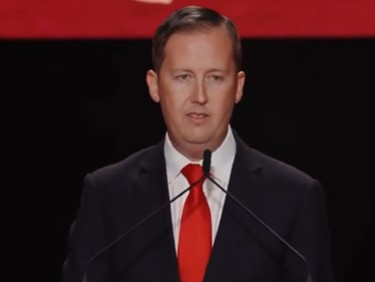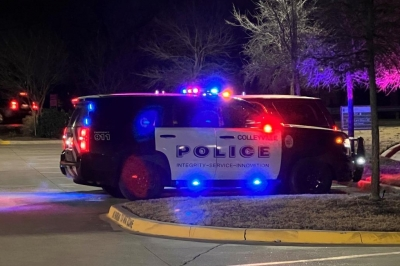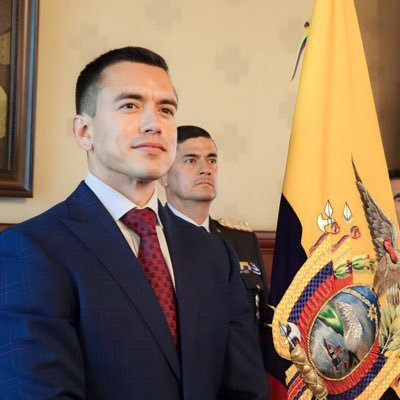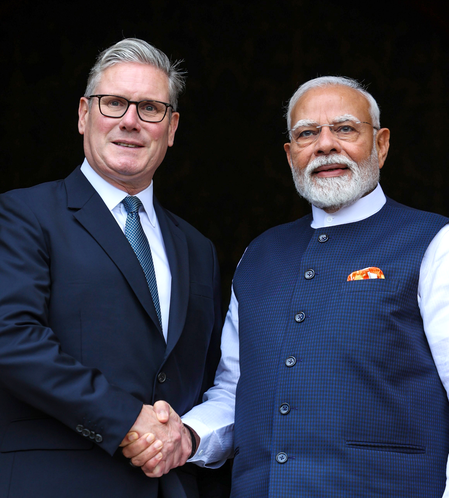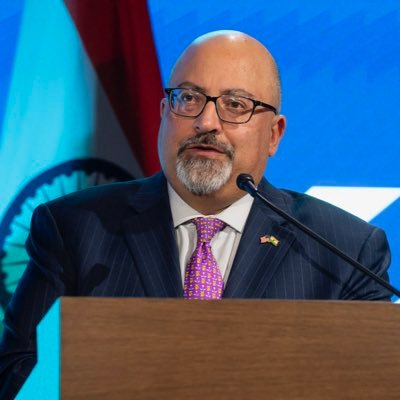
Washington, Oct 8 (IANS) Prominent voices from the Indian American community have urged stronger India-US cooperation and a more active role for the diaspora in shaping policy conversations.
During a panel discussion organised on Tuesday by India Abroad, a diaspora-focused publication in the United States, Atul Keshap, the President of the US-India Business Council and former Charge d’Affairs at the US Embassy in New Delhi, argued for “quiet diplomacy” in the current challenging times.
“These moments are difficult. I think for the diaspora, looking at these last few months, the thing that they probably ask themselves is, how can they be effective? How can they be helpful? How can they be constructive? And sometimes, in moments like this, it’s better to engage in quiet diplomacy,” he added.
Keshap also spoke about the recent H-1B visa crackdown from the Trump administration, calling it a decision “driven by domestic politics.”
“I think in a country as diverse and as layered as India, a democracy as well, Indians would understand that there are domestic political compulsions that may change how the United States interfaces with the world,” he noted.
The debate over the role of the Indian American community in the US has intensified after Congress Member of Parliament Shashi Tharoor recently called the silence of the diaspora “puzzling” even as ties between Washington and New Delhi worsened.
MR Rangaswami, the founder of Indiaspora, a California-based non-profit organisation, defended the role of the community, calling it a “living bridge between the US and India.”
“The diaspora as a whole has remitted last year, $135 billion to India, out of which 30 billion came from the US. The Indian Americans themselves have impacted this country tremendously. We are 1 per cent of the population and pay 6 per cent of the taxes. We are 75,000 doctors in the US who serve 30 million patients. The diaspora lives here, works here, creates its wealth here, but we also help India,” he stressed.
Asha Jadeja Motwani, a Silicon Valley-based venture capitalist, advocated deeper connections within the ruling Republican party.
“Crudely speaking, really the best thing that seems to work is to write a cheque towards certain things. I think it’s a wise thing to do if you can afford it. Go for dinners hosted by the Republican Party and get to know people, start forming a relationship with the Republicans,” she added.
Rangaswami added that any outreach by the diaspora to the US government or policymakers should be framed with an “America First kind of positioning.”
“I think any such move…bringing people to Washington to talk to government, has to have an America First kind of positioning…As opposed to saying in India…so and so is being done. It’s like, what is the relevance to America? So, anything lobbying or otherwise in Washington has to be done with America first,” he advised.
Keshap asserted that the Indian side should understand that politics in America is changing “very fast” and “in three years, we are going to be a very different America.”
“It’s going to be sweeping. The ambition of this administration to change the economic configuration and how we interface with the world is so ambitious that countries have to decide if they want to adjust to that, and this leads to the question of relevance and reciprocity, if we can be relevant to one another, that is the glue of taking a relationship forward,” he concluded.
–IANS
scor/rs

